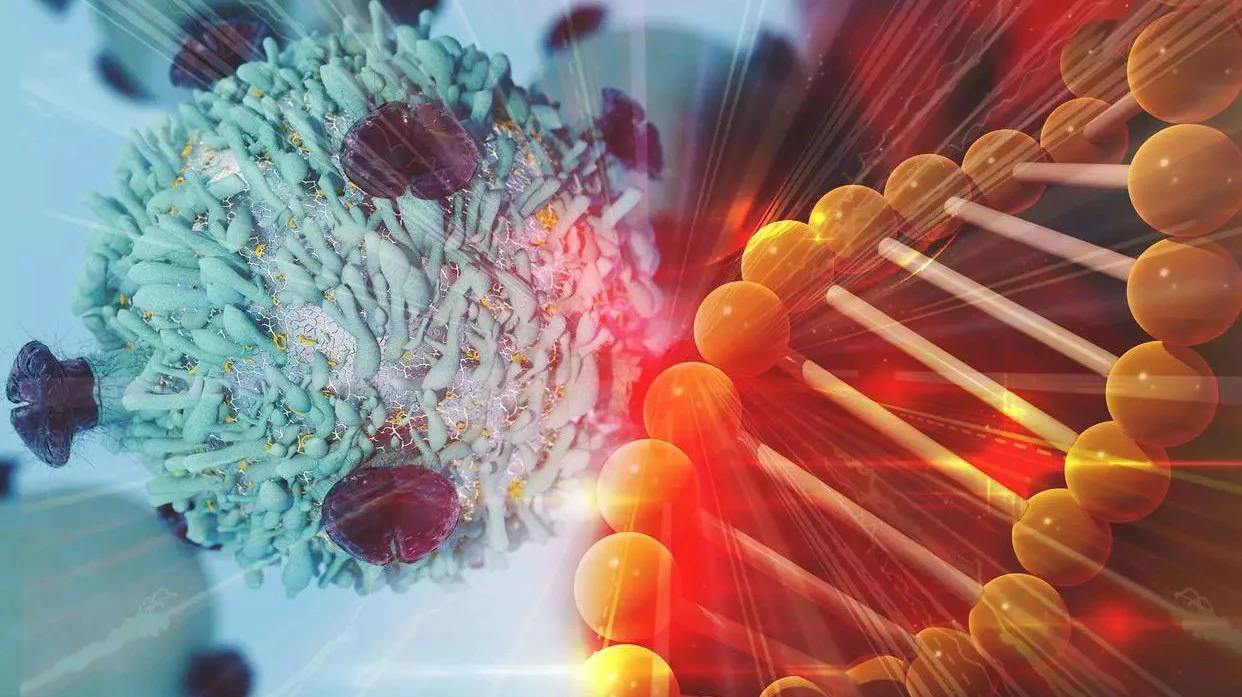Traditional evidence-based medicine combines the personal experience of clinicians with objective scientific evidence to treat patients with the same symptoms with the same dose of the same drug. But this traditional treatment of cancers is only 25% effective. KRAS (v-Ki-ras2 Kirsten rat sarcoma viral oncogene homolog) gene mutations are predictive markers of non-response to anti-epidermal growth factor receptor (anti-EGFR) and therefore valuable for prognosis and treatment of pancreatic cancer and colorectal cancer. At present, detection of KRAS gene mutation is used to screen out patients who are sensitive to and resistant to the targeted drug, so as to formulate the optimal therapies for different individuals. This method both greatly saves the medical resources and improves the effectiveness and rationality of therapy.
In 2018, NIM successfully developed 9 kinds of reference materials for KRAS gene mutation abundance, which can be used to validate the detection methods of KRAS gene mutation in lung cancer and colorectal cancer, and effectively improve the quality of domestic cancer gene detection reagents, providing more precise guidance for targeted drugs used in cancer. So far, it has been applied to the quality control and method validation in the process of molecular diagnostic kit development and registration by many domestic companies.

